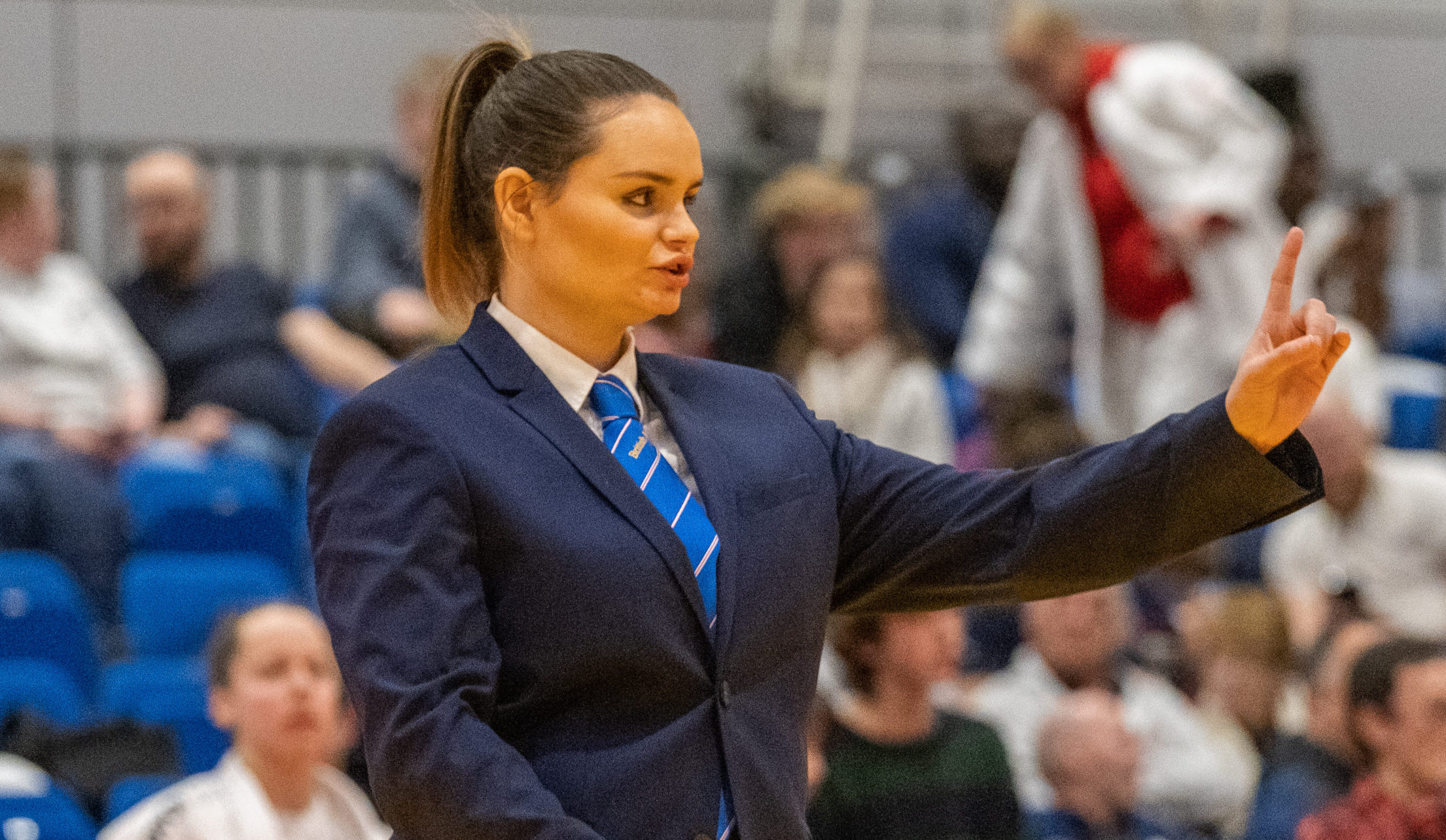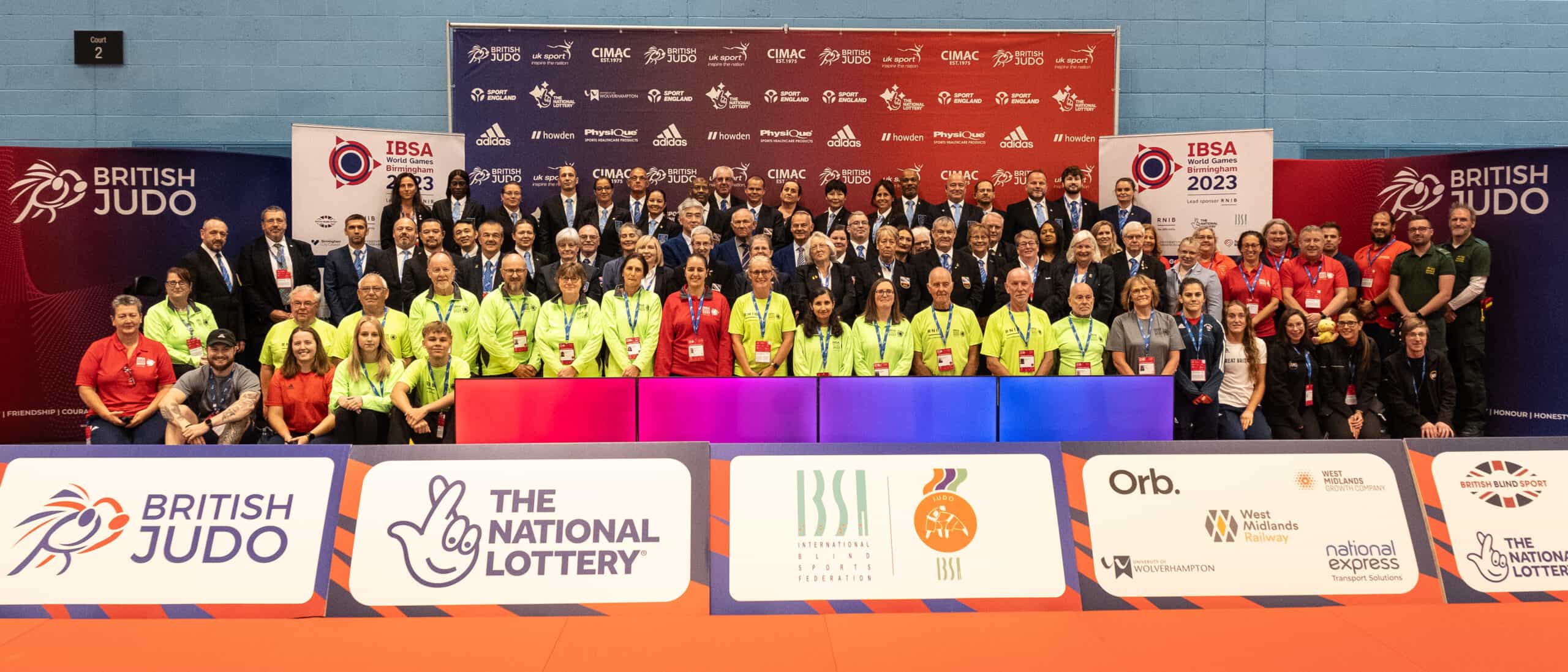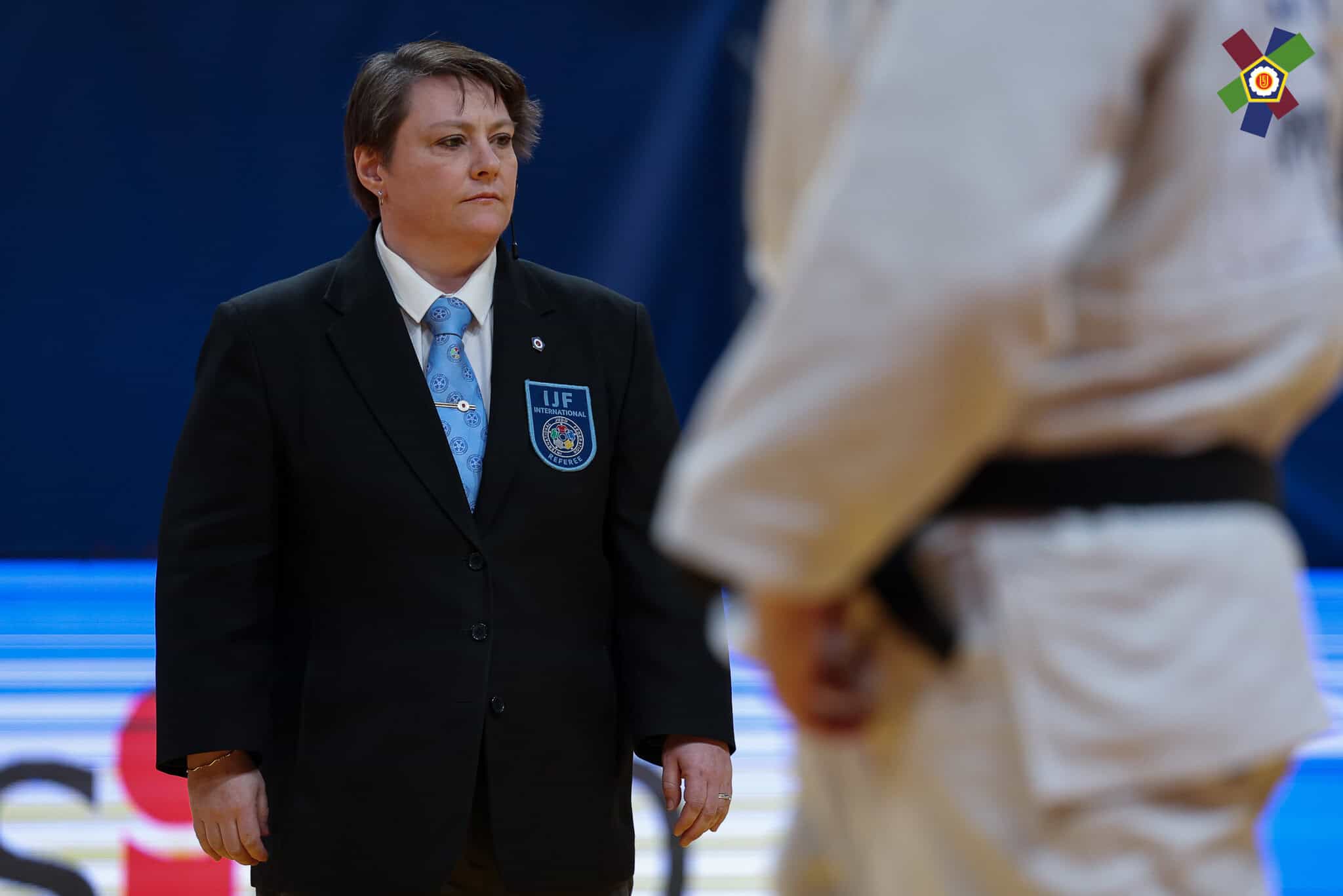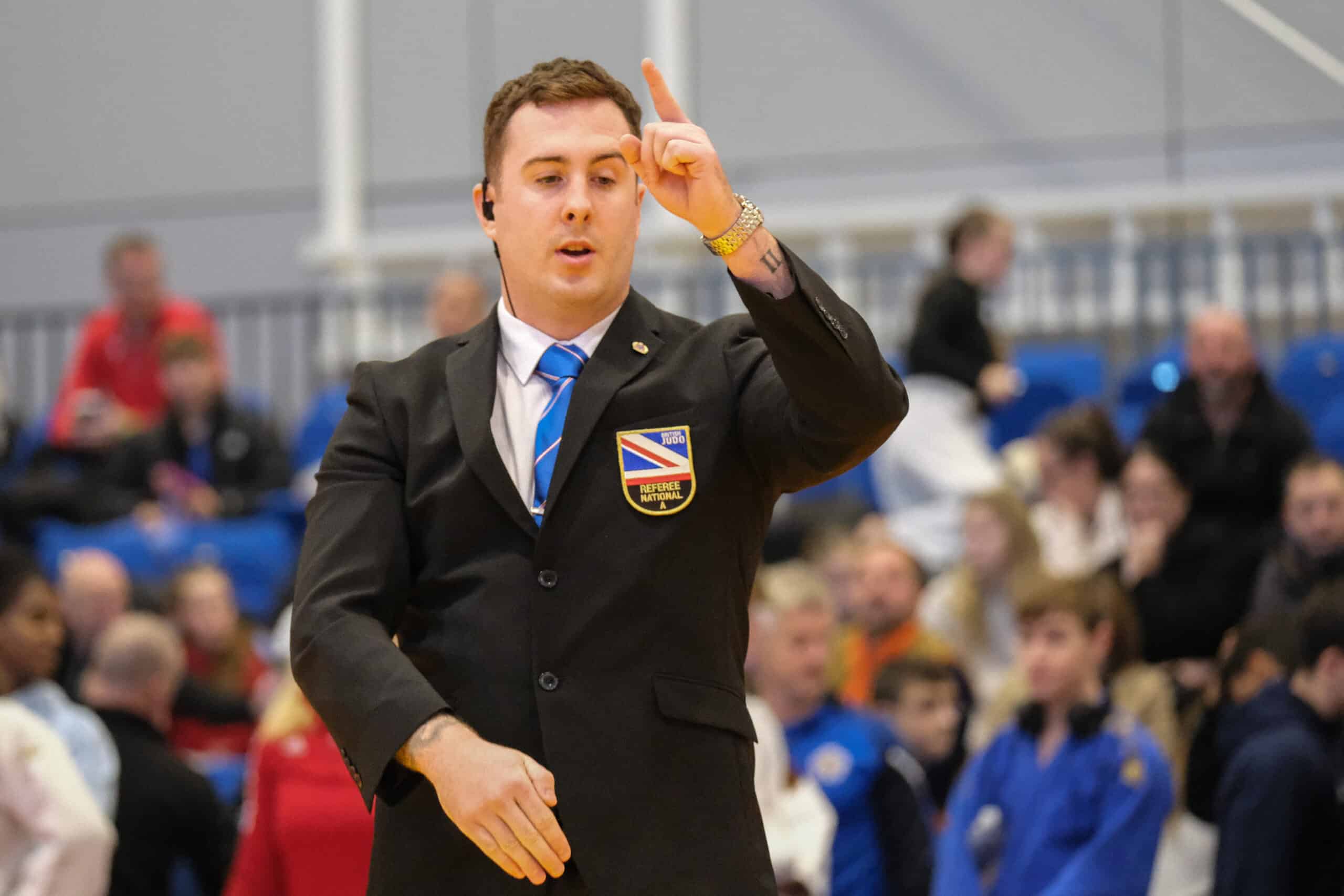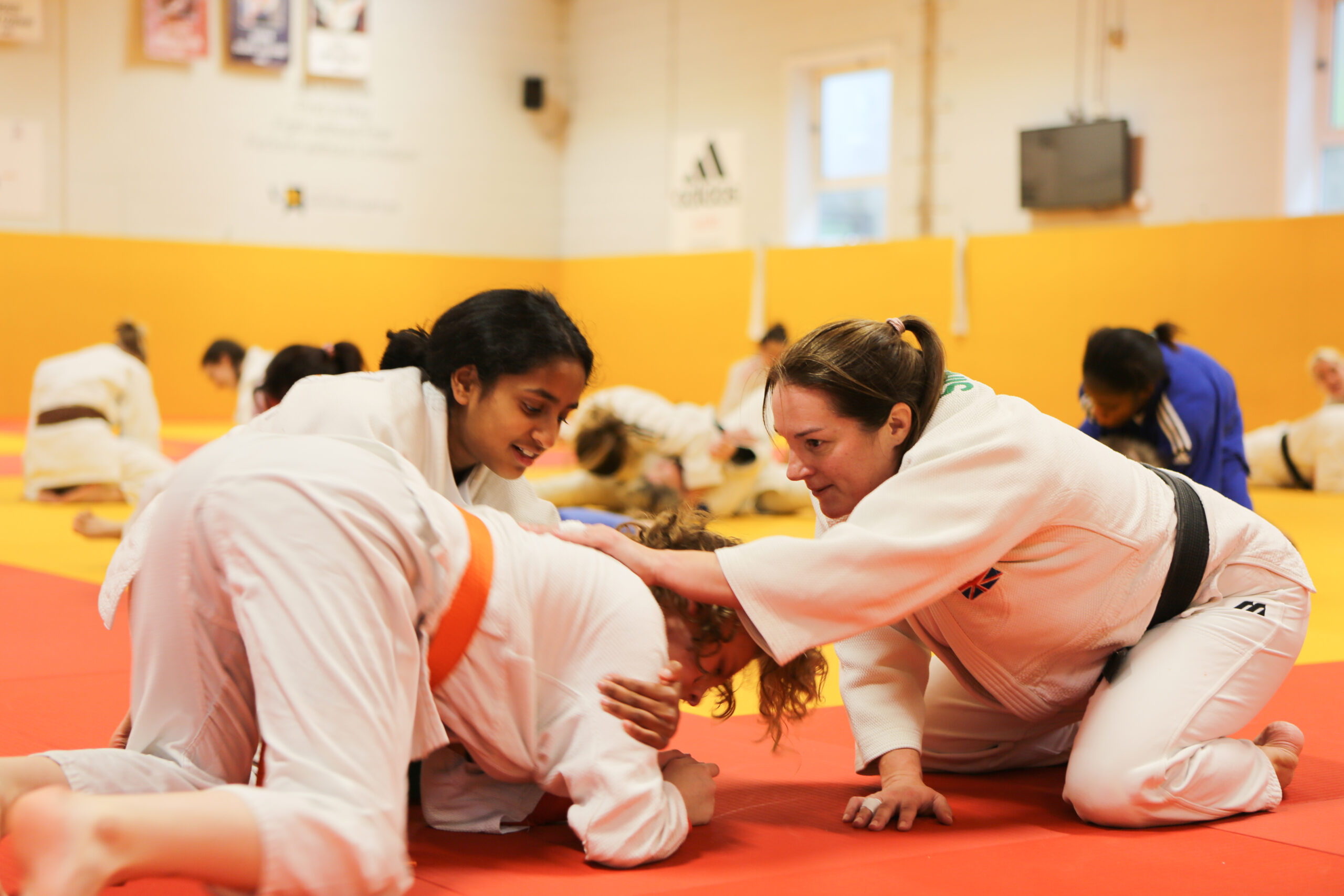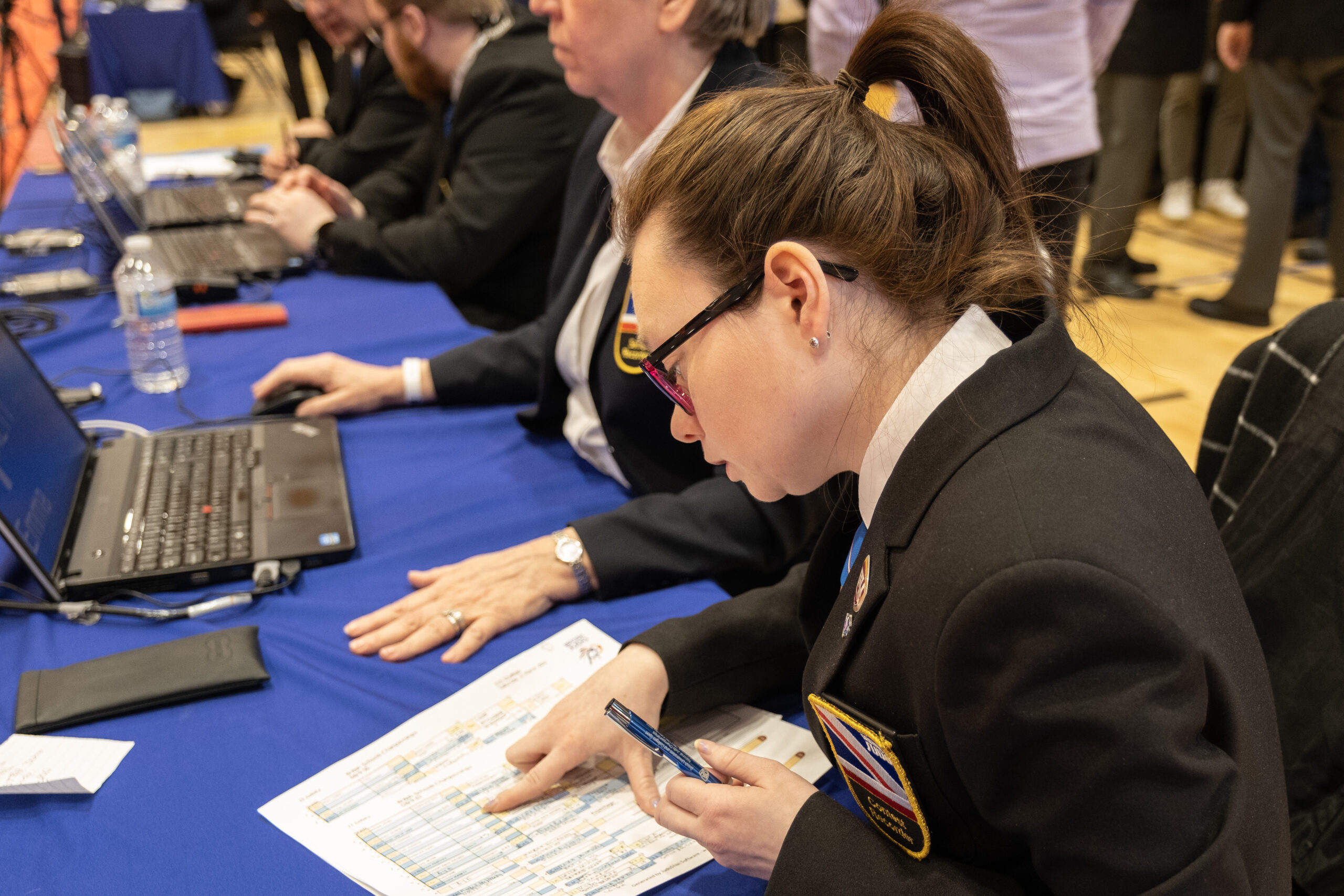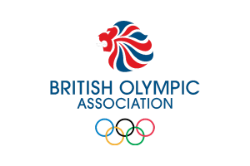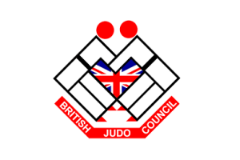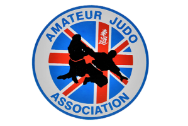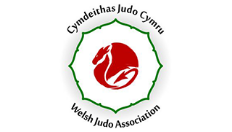This website uses cookies so that we can provide you with the best user experience possible. Cookie information is stored in your browser and performs functions such as recognising you when you return to our website and helping our team to understand which sections of the website you find most interesting and useful.
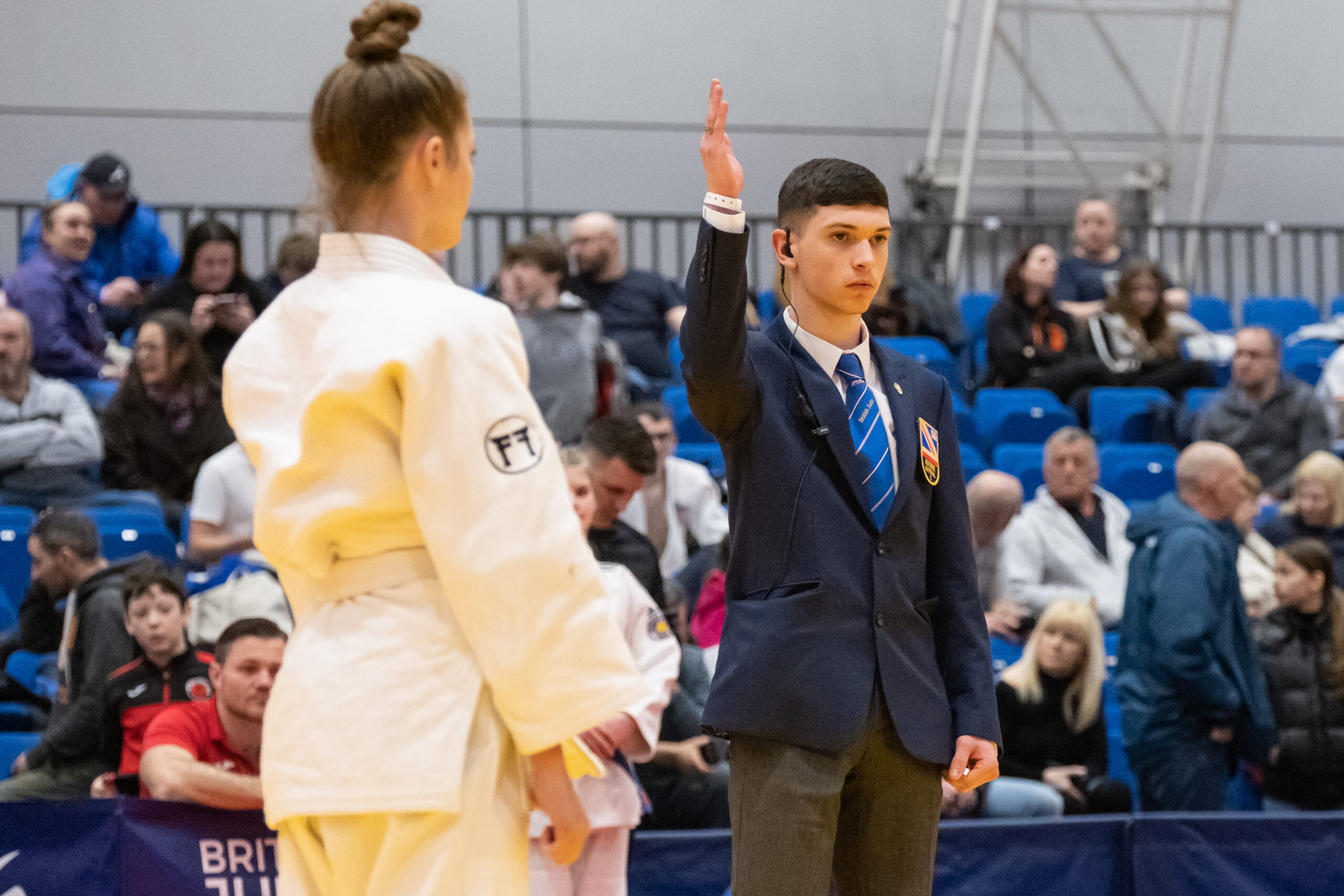
Referees play a key role enabling competition between athletes by conducting contests in a fair and safe way.
Refereeing is a challenging, rewarding and satisfying volunteer role within British Judo. As well as being an enjoyable part of judo, refereeing helps equip people with life skills such as confidence and decisiveness, these attributes help referees in many other aspects of their life.
Whether you want to support local club competitions, referee area competitions or take charge of a British Championships final, there are refereeing roles to suit you. If you really have what it takes, there are also opportunities to referee internationally.




